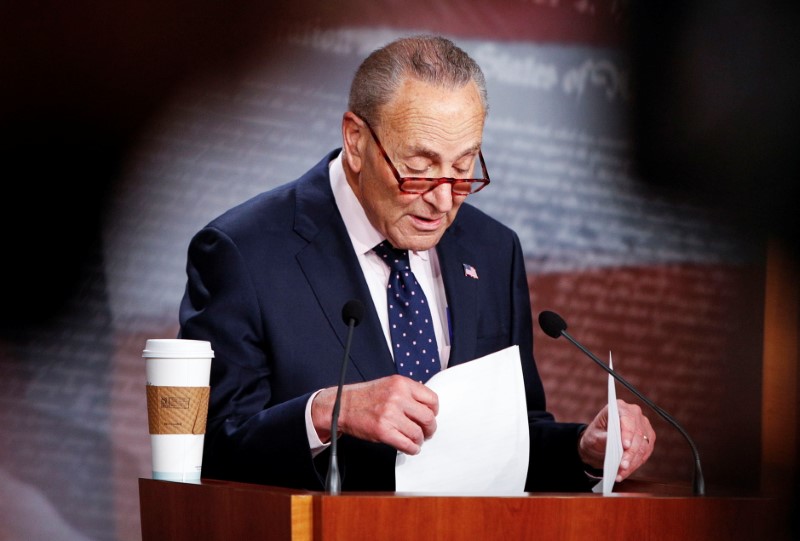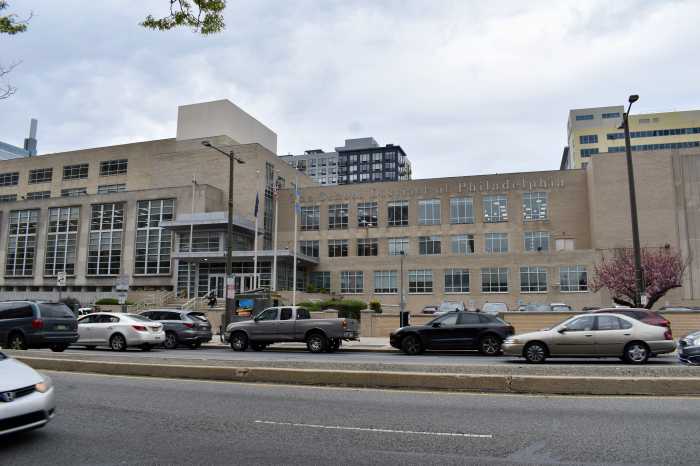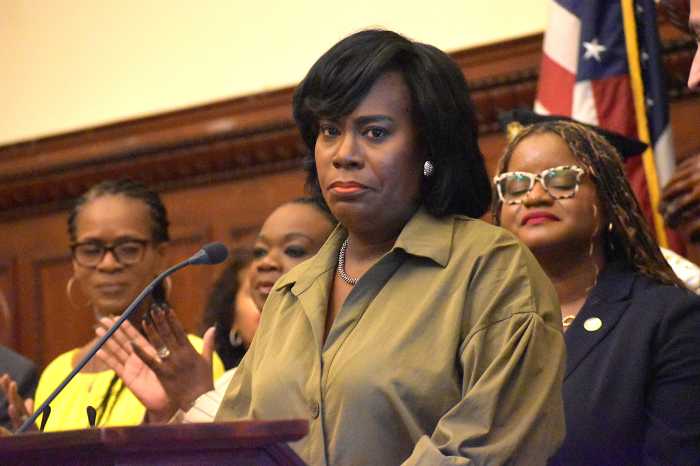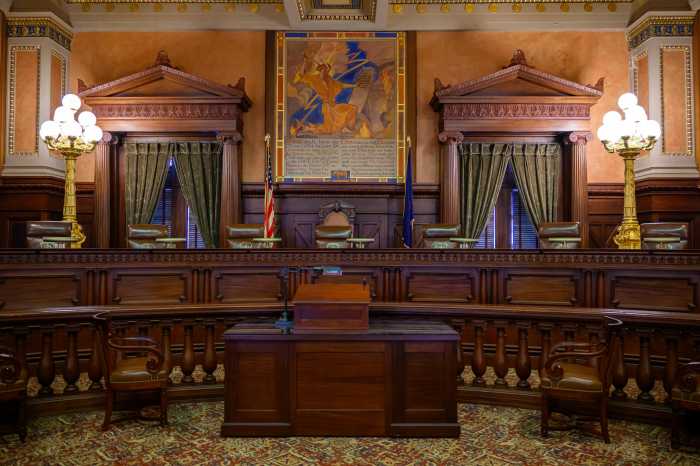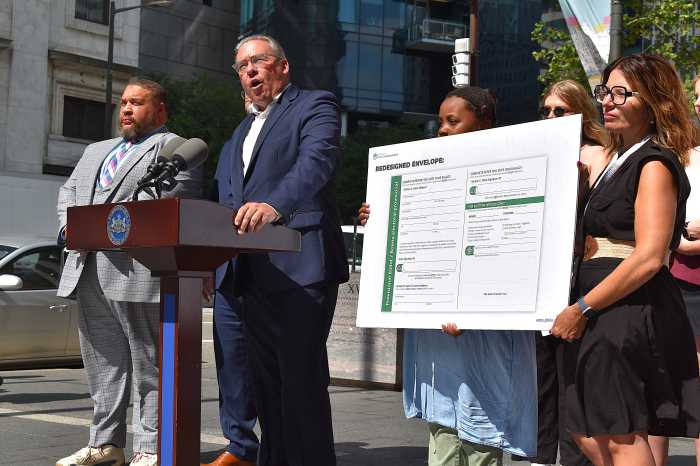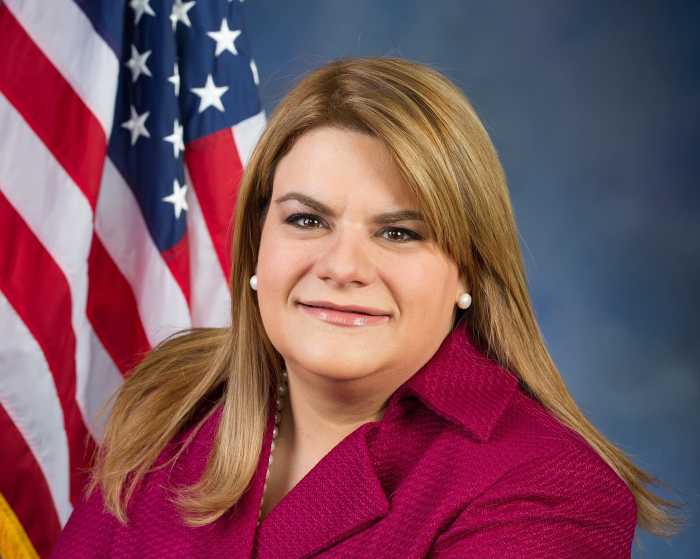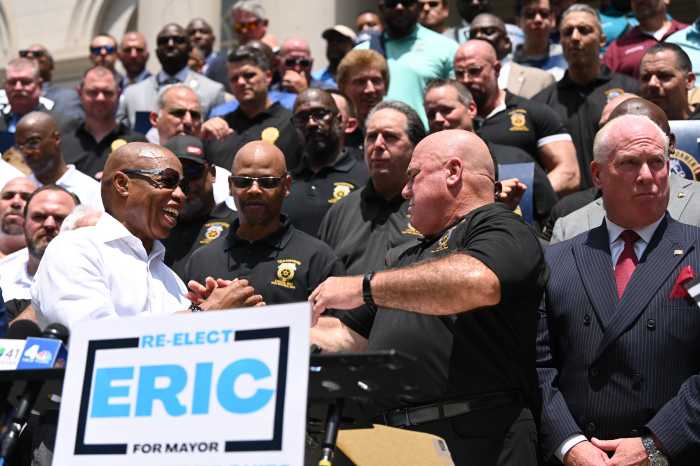By Makini Brice and Susan Cornwell
Hours after the U.S. Senate approved a $3.5 trillion budget blueprint chock-full of investments in new domestic programs, new fissures emerged between the moderate and liberal wings of the Democratic Party over the size and scope of the spending.
U.S. Senator Joe Manchin, a moderate Democrat representing the conservative-leaning state of West Virginia, issued a warning shortly after the Senate completed a marathon session early on Wednesday and passed the budget deal that would carry out President Joe Biden’s top priorities.
Manchin, who often acts as a bridge between his party and the Republicans, voiced concerns about potentially “grave consequences” for the nation’s debt as well as the country’s ability to respond to other potential crises. That followed his colleague Senator Kyrsten Sinema’s earlier warning that she does not support the $3.5 trillion price tag but would work “in good faith” to develop an alternative to include in implementing legislation.
The plan addresses key Democratic priorities, including climate change and immigration reform, and would create new social programs such as universal preschool education and subsidized home healthcare for senior citizens. Progressive members of the House of Representatives have warned they won’t back the bill unless it has enough funding for all those goals.
Democrats hold extremely narrow margins in both chambers of Congress, with just one Democratic “no” vote in the Senate or a handful of them in the House enough to doom the bills.
The Senate approved the $3.5 trillion budget plan in a 50-49 vote along party lines, about 14-1/2 hours after passing a $1 trillion infrastructure bill in a bipartisan 69-30 vote, proposing to make the nation’s biggest investment in decades in roads, bridges, airports and waterways.
The Democrats plan to push the larger package through over the next few months, using a process called “budget reconciliation,” which allows them to pass legislation with a simple majority vote.
House Majority Leader Steny Hoyer, a Democrat, said the House would return from its summer break early on Aug. 23 to consider the budget resolution.
Manchin and Sinema voted for both measures.
But this fall, when negotiations go into full swing on the implementing legislation, the two legislators likely will roil the waters if they and moderate House Democrats try to whittle back the spending.
The trouble has been brewing for months. In a May 17 letter to House Speaker Nancy Pelosi and Schumer, a group of 59 House Democrats referred to new investments in the range of $7 trillion to $9.5 trillion.
Meanwhile, a bipartisan group of House moderates are demanding that Pelosi schedule a vote as soon as possible on the $1 trillion infrastructure bill.
That is at odds with Pelosi and progressives, who demand that the $1 trillion bill and the $3.5 trillion in additional spending move in tandem to ensure that both get through.
During a Wednesday conference call with House Democrats, Pelosi reiterated that. “I am not freelancing. This is the consensus,” Pelosi said, according to a source familiar with the conversation
Representative Pramila Jayapal, who chairs the Congressional Progressive Caucus, warned in a tweet on Tuesday: “Progressives have made it clear from the get go: We’re not voting for the smaller infrastructure bill in the House until the larger jobs and families package also passes the Senate.”
Reuters



